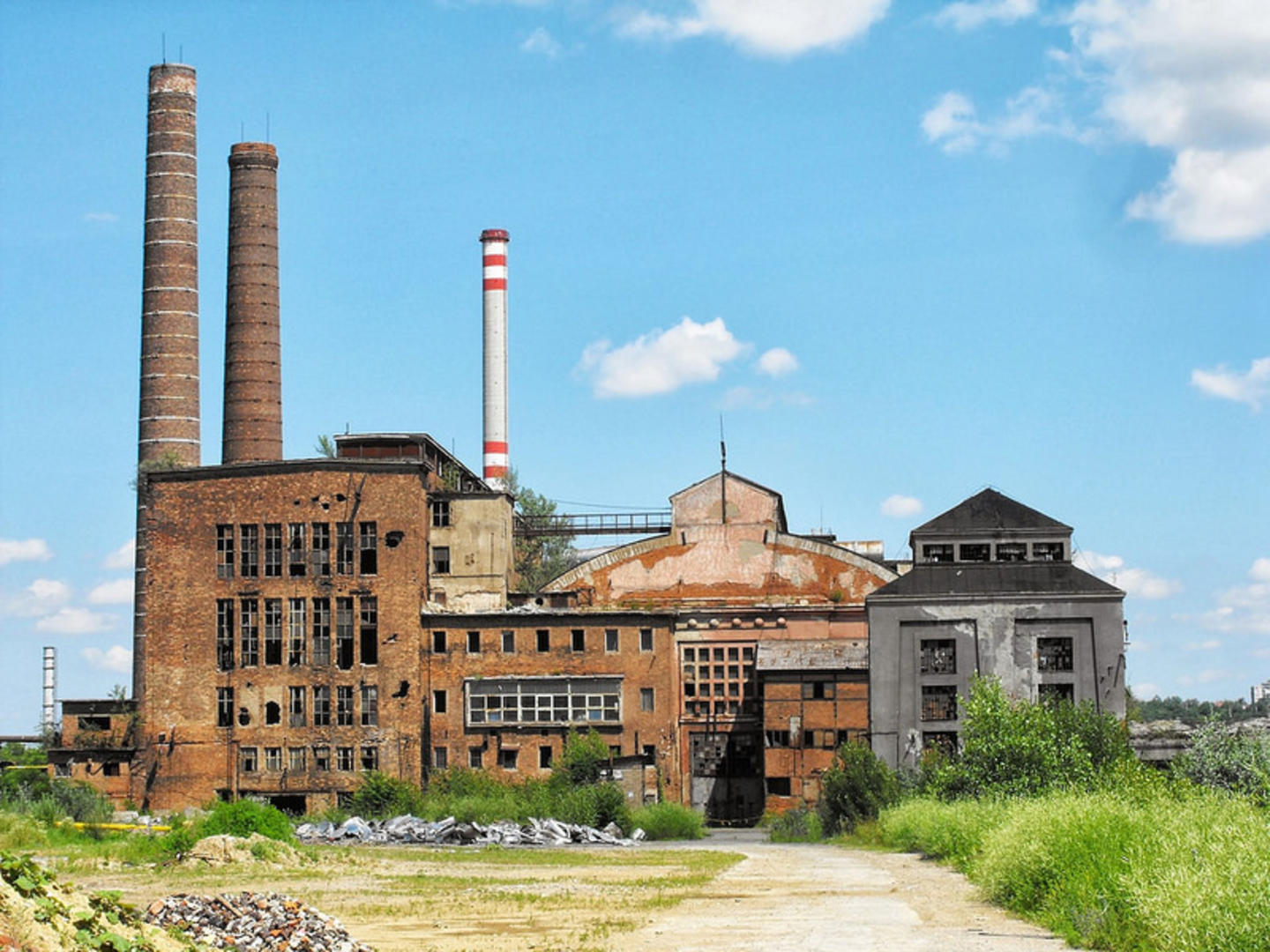The Home for Cooperation - an educational centre in the Buffer Zone of Nicosia in Cyprus - and the Historical Route of Torres Vedra in Portugal, were both winners in the ‘Conservation’ category. The third winner was a project called ‘Passage: From a Rusty City to a New Miskolc' in Hungary in the ‘Education, Training and Awareness-Raising’ strand.
At the awards ceremony on 5 May in Vienna, six of the winners will be named as Grand Prix laureates, receiving €10 000 each. One will receive the Public Choice Award, chosen in an online poll conducted by Europa Nostra. You can vote for the EEA Grants projects in an online poll!
Heritage and diversity
The Home for Cooperation (H4C) is a unique peace project in Cyprus, standing for cooperation and unity. Through the EEA Grants, Iceland, Liechtenstein and Norway have provided support for H4C, promoting its ‘bi-communal’ outreach activities and research, education and training projects. Accessible from both sides of the divide without having to cross checkpoints, it provides a shared space that can be used by all.
Praising the project, the Jury said that "the Home for Cooperation was something to be really proud of. It constitutes a substantial contribution to the revitalistion of Nicosia’s United Nations Dead Zone as well as to the wider peacemaking procedure."
The Linhas de Torres Vedras (Historical Route of Defense Lines of Torres Vedras) is a military defence ring in Portugal made up of 152 fortresses constructed by the Duke of Wellington during the Peninsular War. Battered by erosion and gradually falling into disrepair, €1.5 million from the EEA Grants has helped to halt the decline. The restoration of the fortress lines has led to the establishment of a new historical sightseeing route, allowing tourists and local visitors alike a chance to enjoy and learn about the era.
Miskolc is a large city in northern Hungary, with a proud history from medieval times. However more recent times have seen sharp industrial decline. The recession has had a devastating impact with large numbers of young people moving away to find jobs. Under the Atjaro (Passage) Project, supported by the EEA Grants NGO funds, an extensive cultural heritage protection programme has been introduced. It focuses on the preservation of the city’s industrial past and the revitalisation of its surviving built heritage, promoting a renewed sense of urban identity and recreating a feeling of local pride.
Culture for growth
As well as its intrinsic value, cultural heritage brings a significant contribution to job creation and growth. Spending on conservation of cultural heritage by public and private bodies is worth an estimated €5 billion a year. Figures published by the Organisation for Economic Co-operation and Development (OECD) show that 40% of worldwide tourism has a cultural dimension. Cultural heritage is also a key resource for sustainable development and social cohesion.
About the Europa Nostra awards
The European Union Prize for Cultural Heritage / Europa Nostra Awards celebrate excellence in cultural heritage conservation. The award is split into four categories: conservation, research, dedicated service, and education, training and awareness-raising.
The award ceremony will take place on 5 May in Vienna’s Burgtheater under the patronage of Heinz Fischer, President of Austria. Androulla Vassiliou, European Commissioner for Education, Culture, Multilingualism and Youth, and Plácido Domingo, the internationally-renowned opera singer and President of Europa Nostra, will jointly present the awards.
More
European Commission press release on the winners
Europa Nostra summaries of each of the projects with videos and photos
- Home for Cooperation (H4C) (Cyprus)
- Linhas de Torres Vedras (Portugal)
- Passage: From a Rusty City to a New Miskolc (Hungary)
Find out more about the EEA Grants Cultural Heritage programmes
